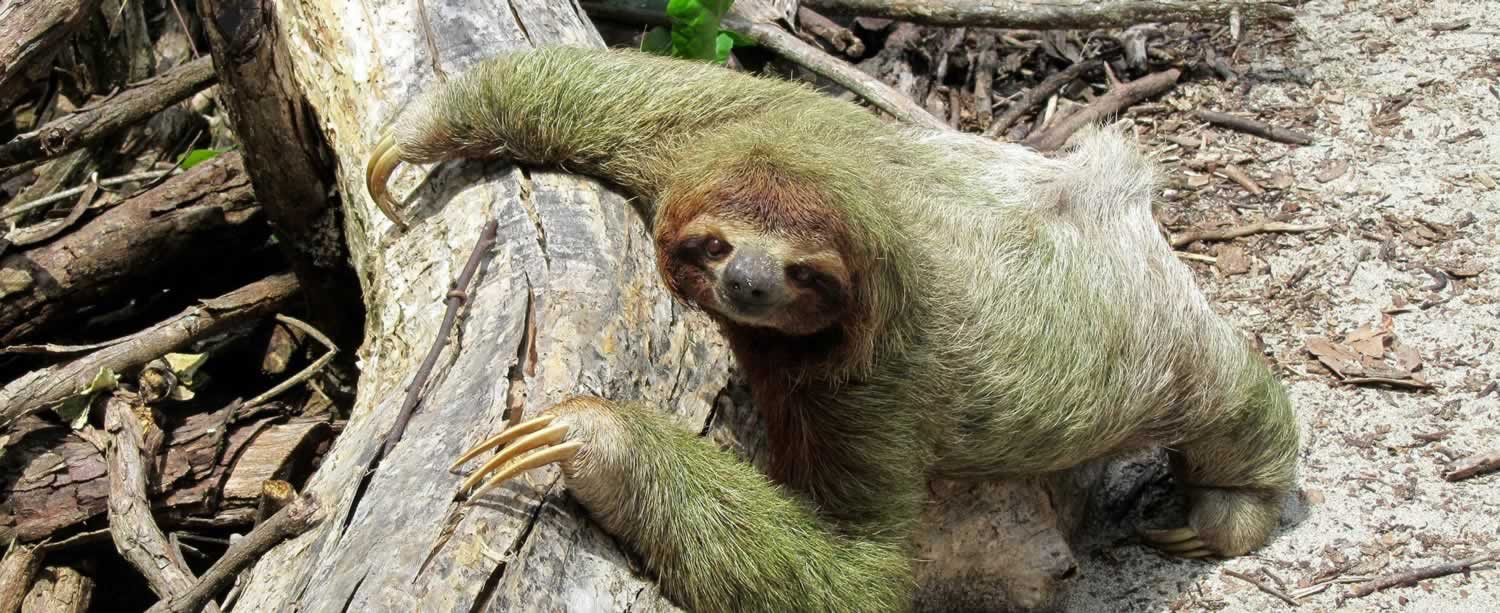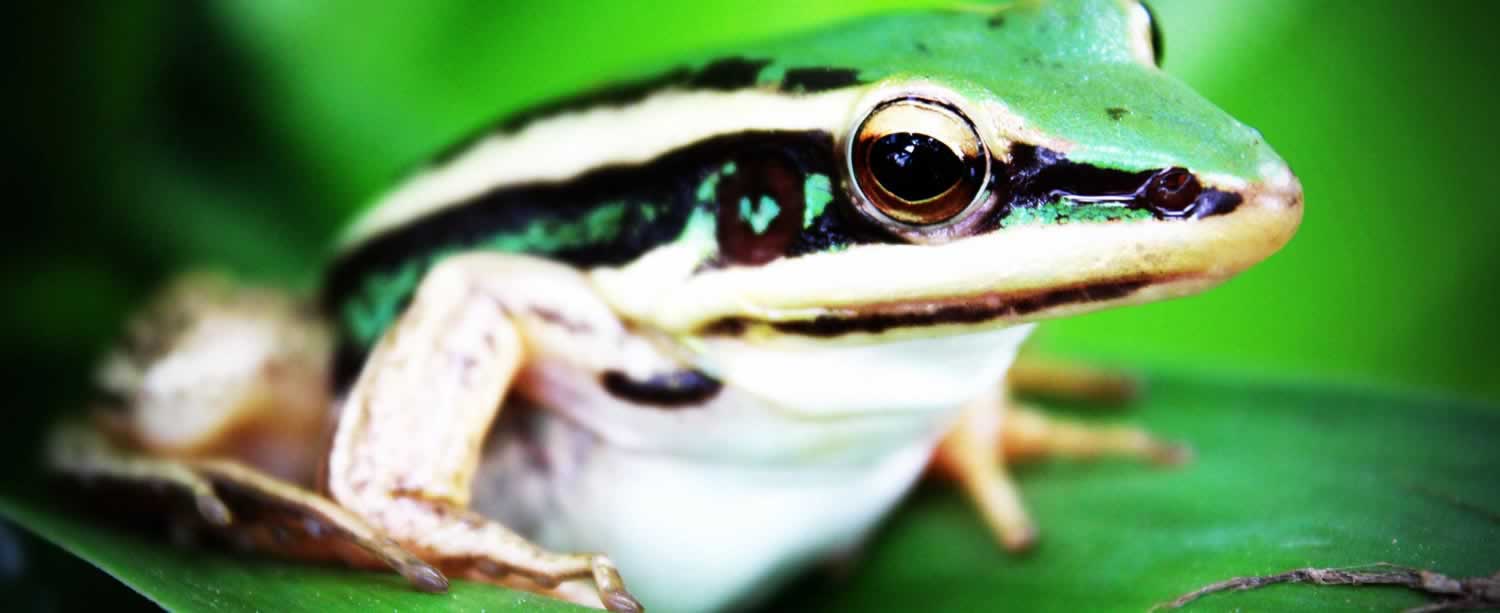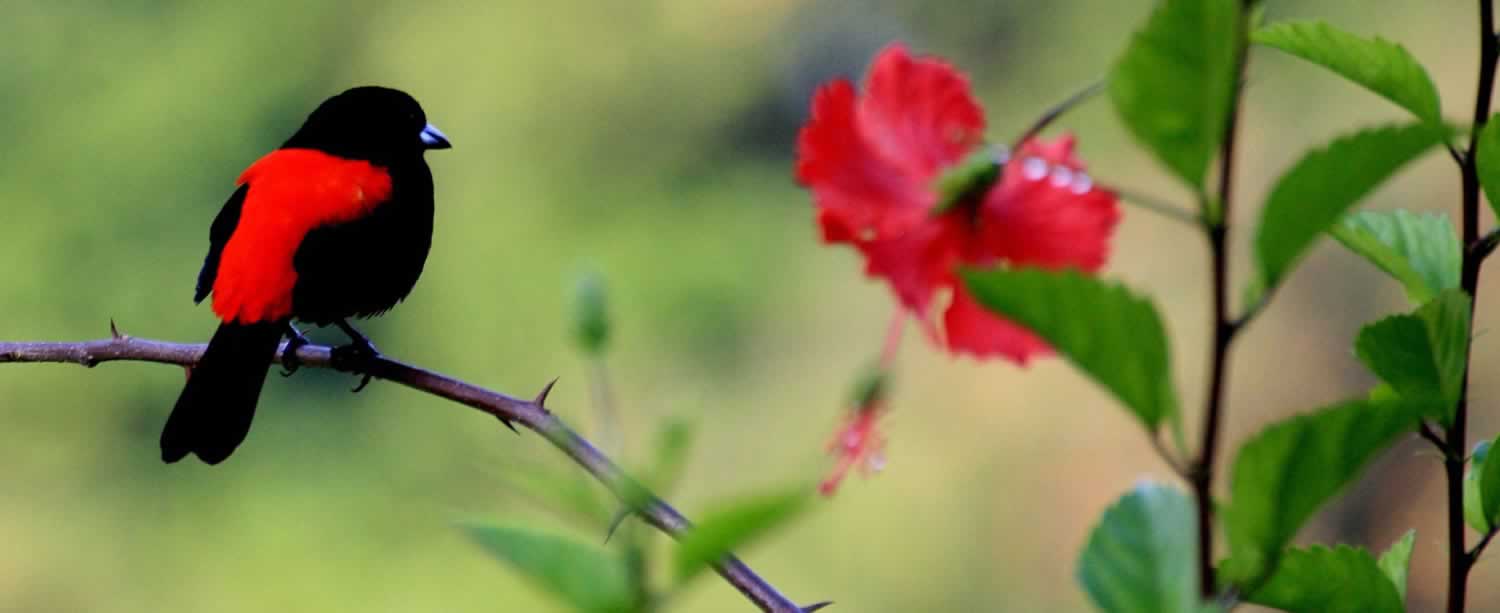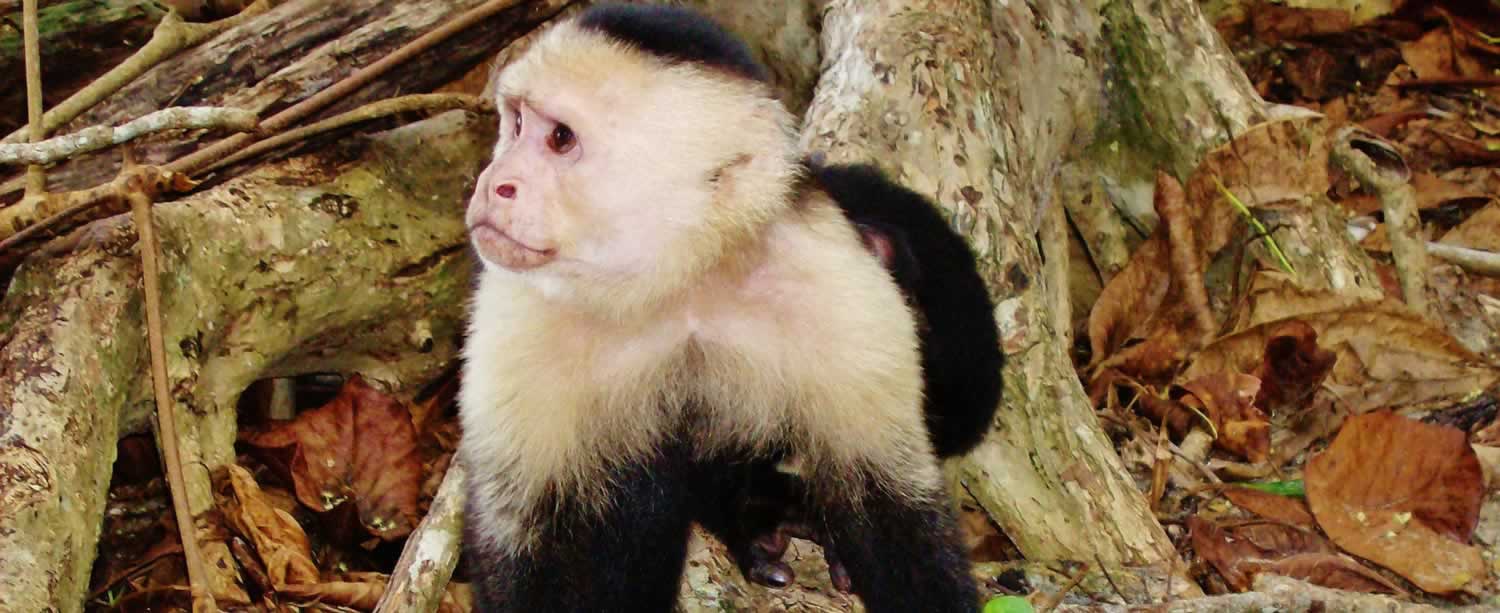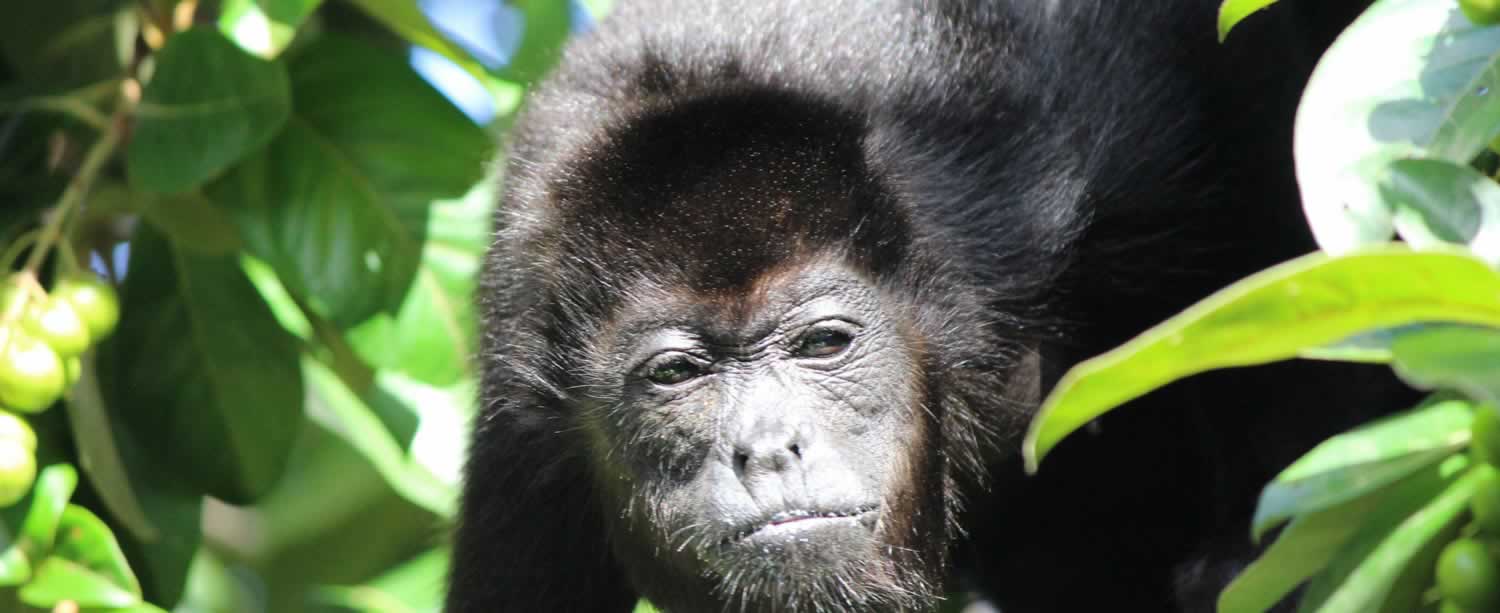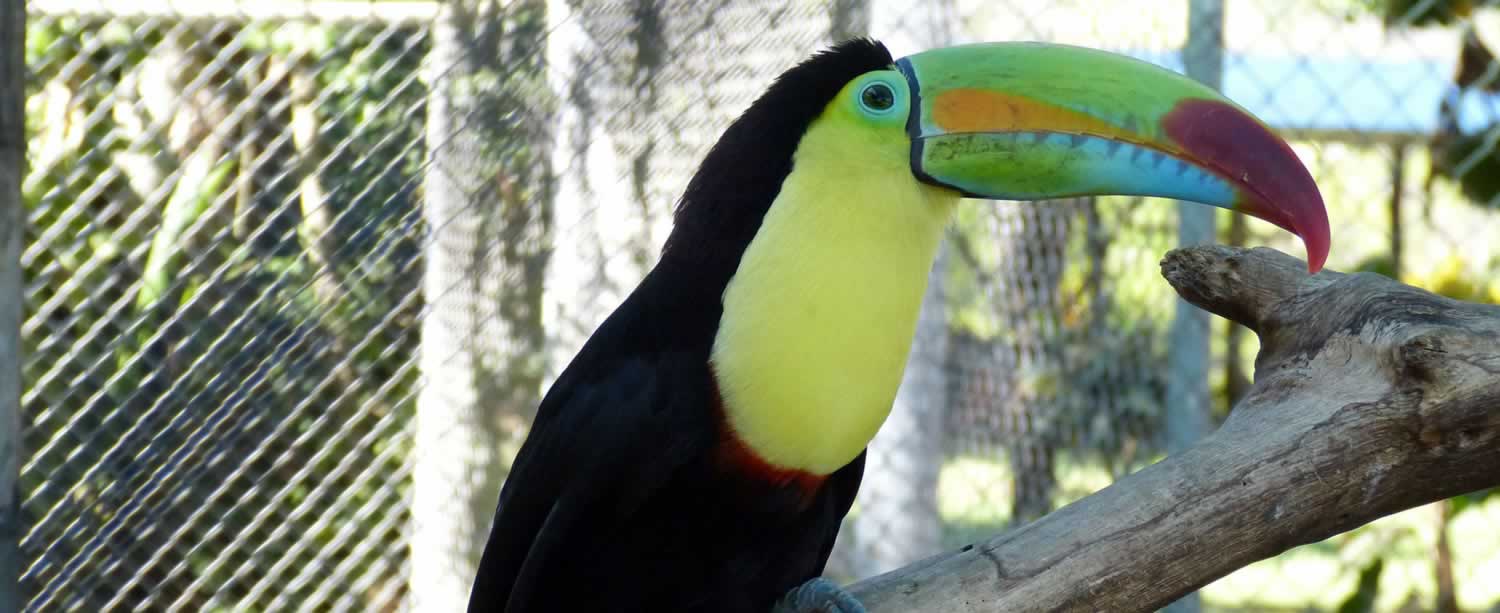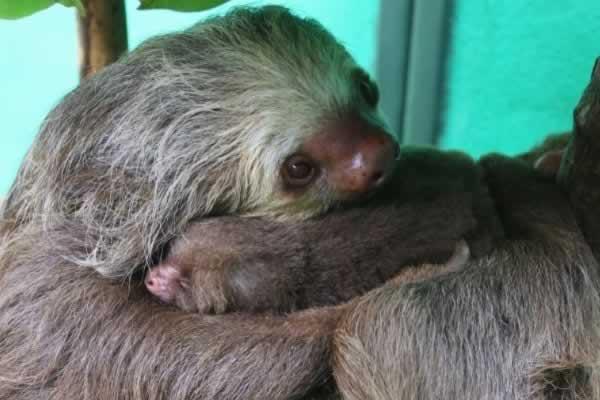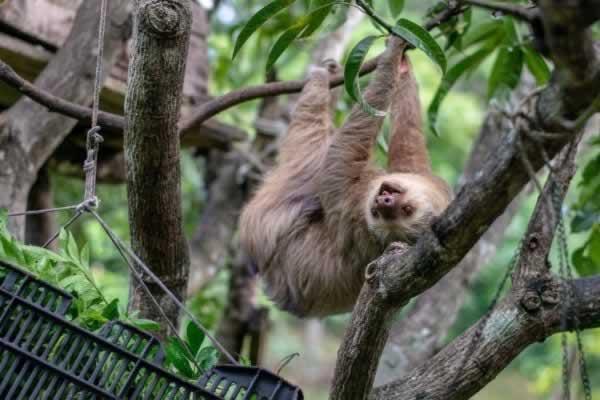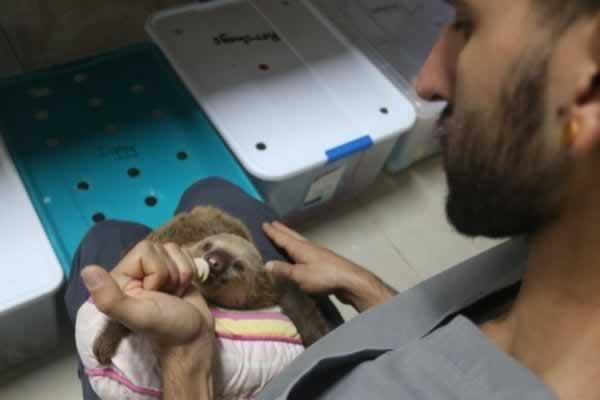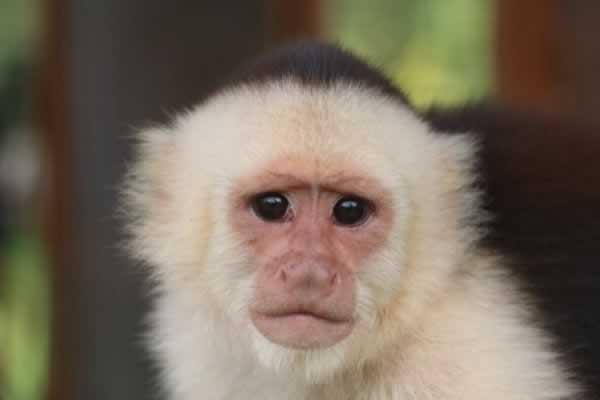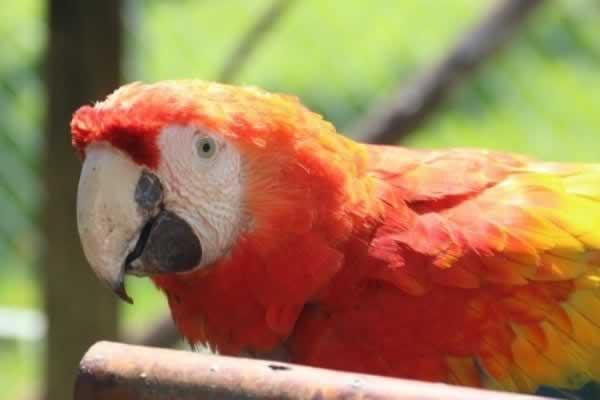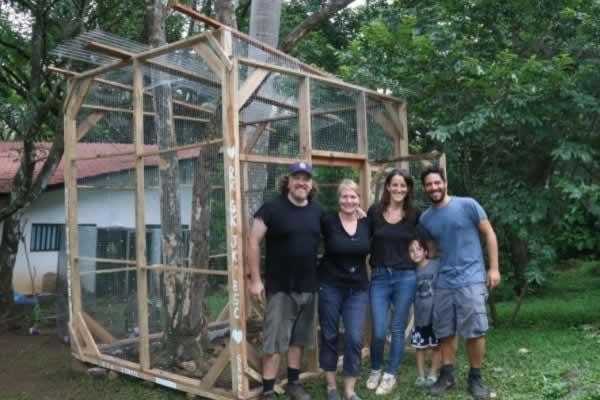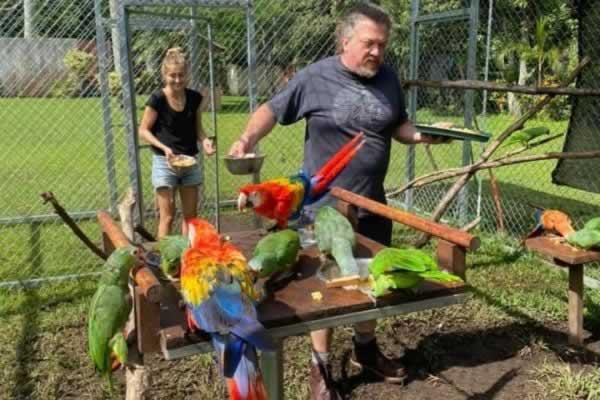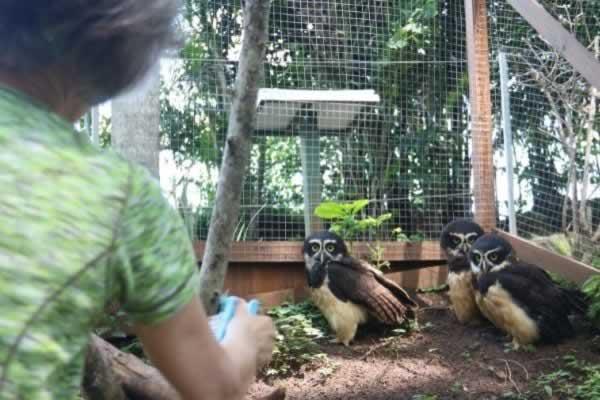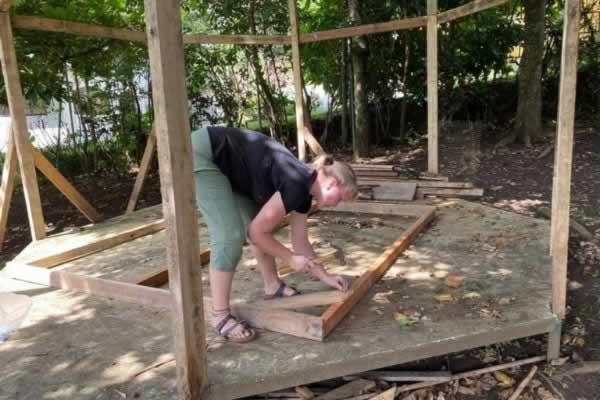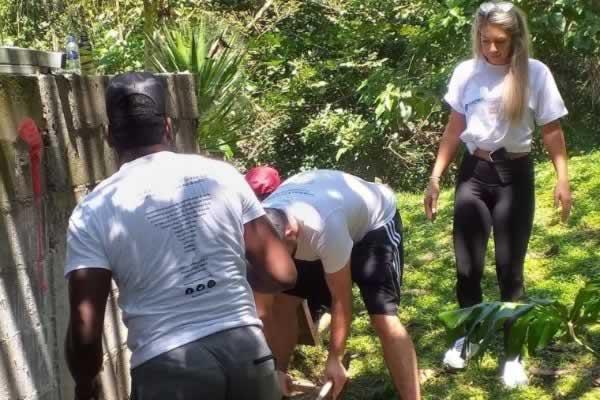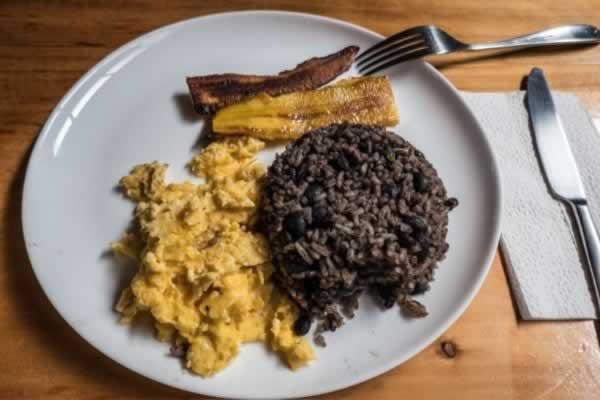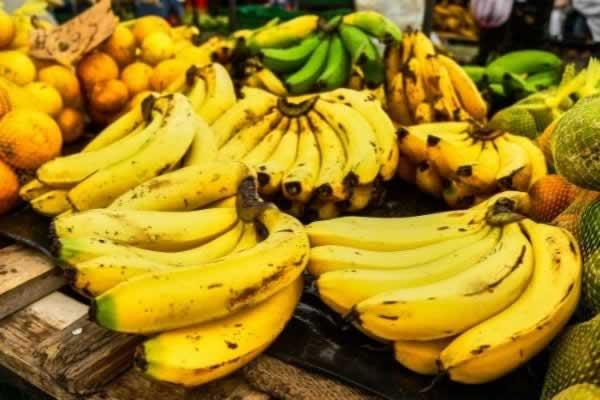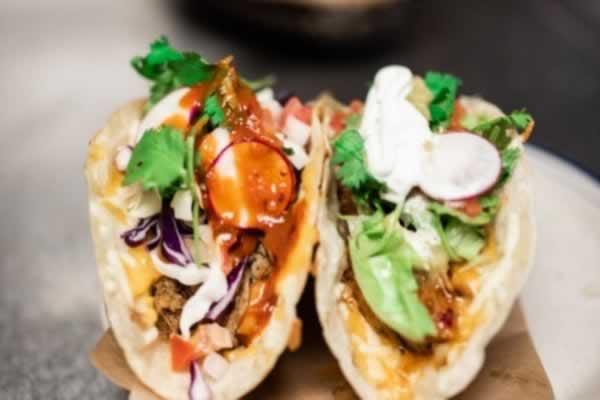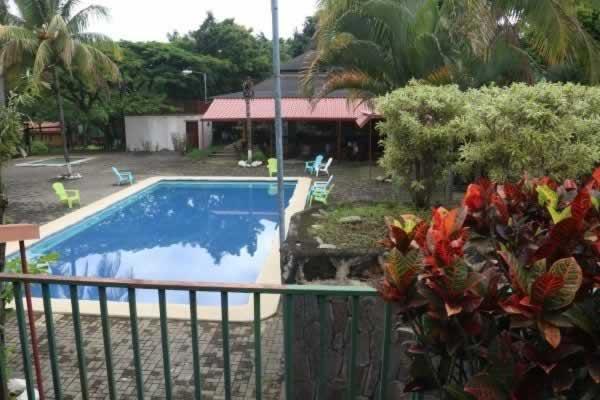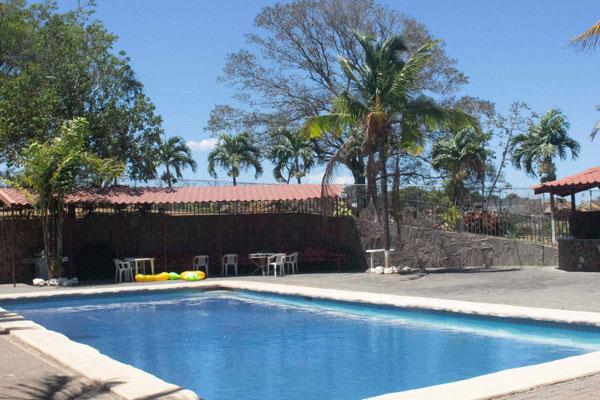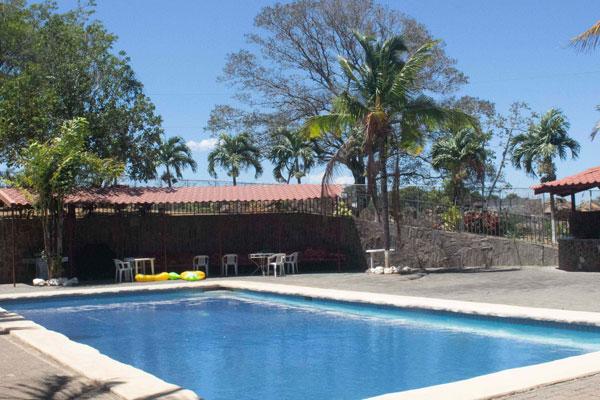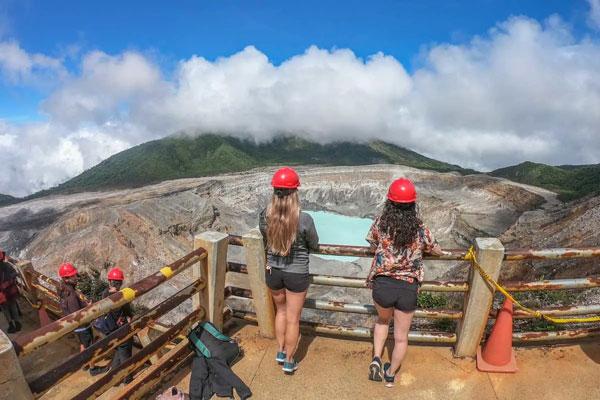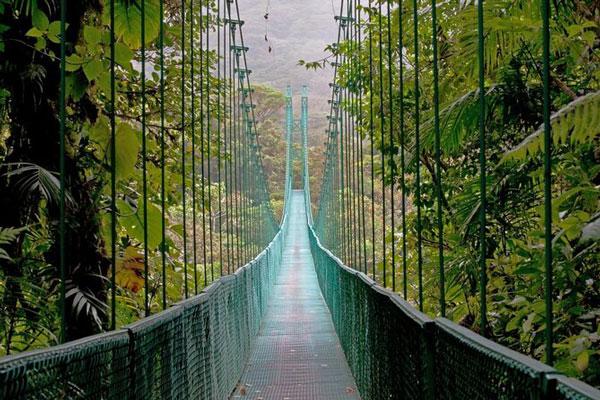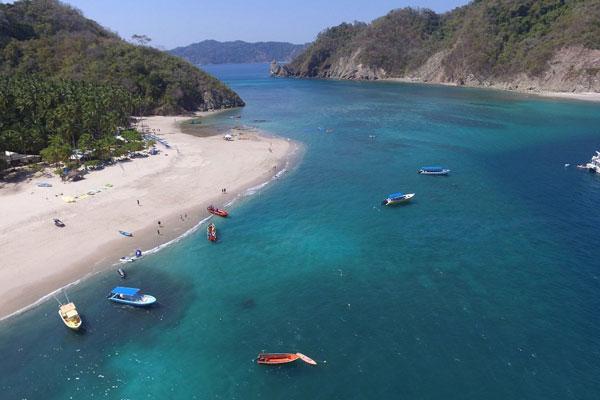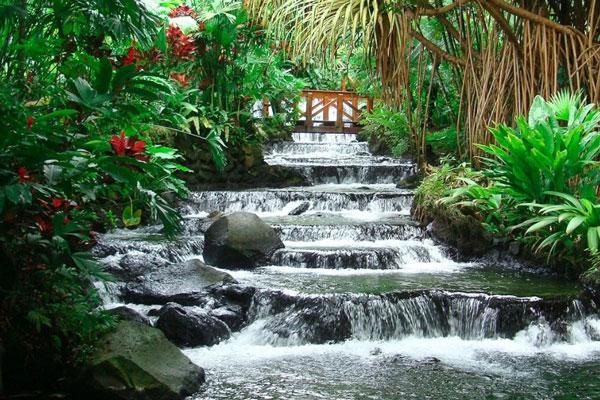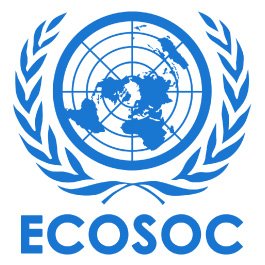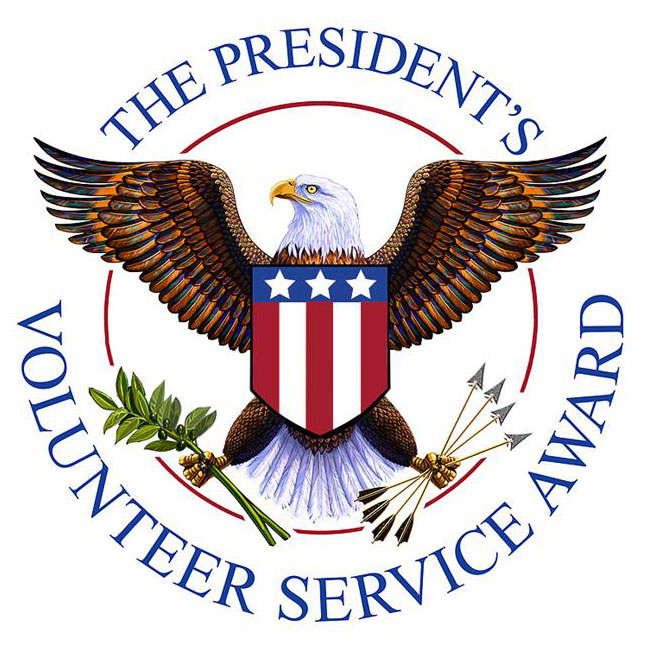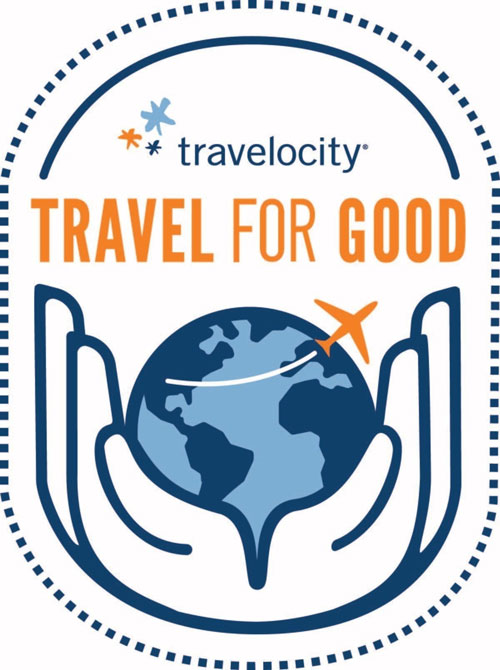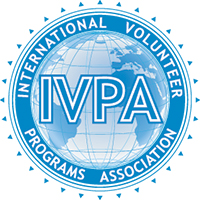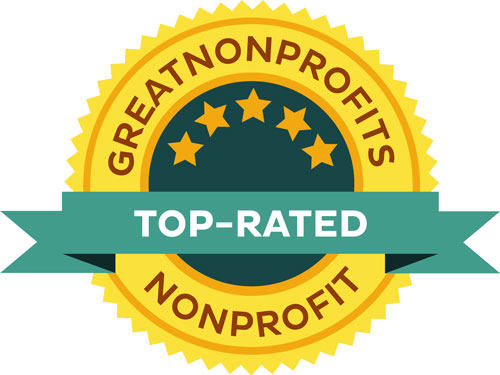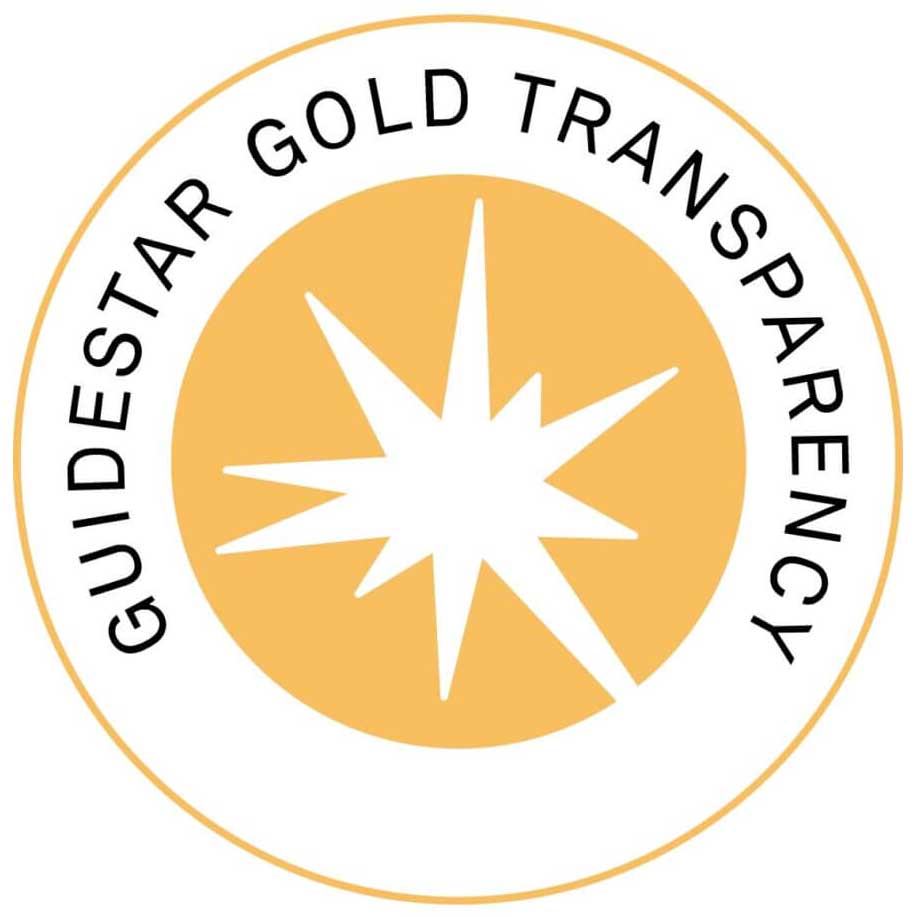Costa Rica is a cultural and natural paradise, but most travelers only see its impersonal and touristy side. This Globe Aware Costa Rica volunteer travel programs offer a unique opportunity to help rescue and rehabilitate different native animals.
Service Vacations: Volunteer Work Projects Helping Animals in Costa Rica
The project aims to rehabilitate many different types of tropical species like sloths, howler monkeys, spider monkeys, toucans, marmosets, and more that have been injured or illegally held captive. Here these animals receive the care they need to survive on their own in the wild. Volunteers live on-site and help with many different essential tasks for the animal sanctuary. In the morning volunteers help prepare the fruits and vegetables for all the animals on site. They help feed and bathe the animals, especially the sick or injured ones who need special attention. Volunteers help to socialize animals staying in the sanctuary that cannot be replaced back into the wild as well. Costa Rican law has changed recently so that most institutions dealing with animals are discouraged from allowing non-specifically trained individuals from holding sloths and for monkeys, though the policy is sometimes policed strictly and other times not, beyond Globe Aware’s control. After these duties have been completed, the volunteers help with other tasks around the sanctuary that may include yard work, cleaning, and helping care for their garden. It is possible that volunteers will also take the animals out to play and exercise with them, though it cannot be guaranteed with the changing laws and policy. It is a dynamic situation. These animals are being rehabilitated to be released back into their natural habitats.
There are currently 127 animals, 31 of which are sloths. The rest are coati, monkeys, kinkajous, olingos. The center seeks to protect and help endangered Costa Rican wildlife indigenous to the country. First and foremost, the goal is to ensure the welfare of injured animals and help them recover from their physical and psychological wounds. Volunteers work with a team of experienced veterinarians who work at the on-site hospital in addition to the thousands of volunteers from around the world who have helped over the past 10+ years. The objective is to rescue, rehabilitate and ultimately release the animals back to their natural habitat. Costa Rica has outlawed zoos. They recognize that animals such as sloths are not social and are usually much better off in the wild.
Costa Rica
Projects can vary depending on the number of volunteers, which projects were finished with the prior group, what priorities have changed, weather conditions, which supplies are available, and often the interest and fitness level of the volunteers. For these reasons, specific projects are often not fixed until the week prior to your arrival and can even change upon arrival.
This program is unusual because there are volunteers who join the program independent of Globe Aware. Some are long-term, several-month volunteers from Australia, for example, who may get free room and board due to their length of commitment of service, others are sent from schools, etc. Those participants are not required to pay for medical and liability insurance and often take public transport to get to and from the project site. Because of this, participation cost varies for them. Additionally, some of these long-term volunteers are likely to step in as part-time coordinators with whom our volunteers will work.
Globe Aware Volunteer Vacations to Help Rescue Animals in Costa Rica - Signup Now!
Meet some of Globe Aware's service vacation volunteer coordinators - click here.
Volunteer Holiday Food and Lodging
Volunteers are housed in modesty on-site dormitory style accommodations with 6 to 12 people per room in bunk beds. These include Western-style bathrooms and showers, though the water is unheated - unlikely to be missed in the tropical climate. Volunteers are fed plenty of fresh, healthy, abundant, Costa Rican dishes. Electricity is available, though on a relatively limited basis.
Leisure Activities During Your Service Vacation
Throughout the week, we will offer yoga classes, movie nights, karaoke, and Spanish lessons. Additionally, you will be choosing ONE all-day excursion included in your program, with three options to choose from: Isla Tortuga Beach (including boating and snorkeling), La Fortuna Hot Springs and Hanging Bridges, or Paos Volcano with Coffee Touring. The specific excursion and day will be determined upon your Sunday arrival based on weather conditions and availability. Cost ranges from approximately $40-$150 per person depending on currency exchange rates.
Arranging Your Volunteer Vacation Airfare
We will pick you up at the SJO San Jose main international airport before 5pm on the Sunday your program begins. The program ends the following Saturday after breakfast, after which you will be transferred to the airport. Alternate drop-off locations can be arranged.
Sample daily schedule
8:00 am: Breakfast
8:45 am: Morning work starts and includes construction of new quarantine, animal food preparation, animal enclosure cleaning, animal feeding, refilling animal water dispensers and animal enrichment programs
12:00 pm: Lunch at animal center
1:30 pm: Meeting with Volunteer Coordinator
1:45 pm: Afternoon work starts animal food preparation, animal enclosure cleaning, animal feeding, refilling animal water dispensers and animal enrichment programs
4:00 pm: Nocturnal animal feeding
6:00 pm: Dinner at animal center
7:00 pm: Transfer to accommodations to rejoin other volunteers
